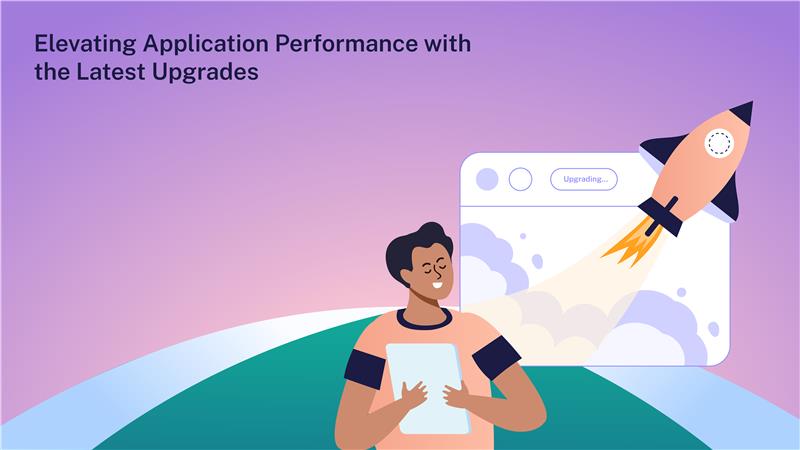Introduction
Maintaining applications’ compatibility with the most recent technological stack is crucial for scalability, security, and performance in the fast-paced digital world of today. We at Lentera Technologies took on the task of updating an old application to the most recent version of PHP and relocating the server environment to conform to contemporary infrastructure standards. The goal of this endeavor was to improve the overall user experience, security, and efficiency of the program.
About the Latest upgrades
As part of the project, the server was upgraded to the most recent stable release and a new version of the application was developed utilizing the most recent PHP framework. Assuring conformance with contemporary web standards, enhancing system performance, and offering a scalable framework for upcoming improvements were the objectives.
Key objectives included:- Migrating the codebase to the most recent version of PHP.
- Enhancing server infrastructure to enable deployment with high performance.
- It ensuring that current features and data are backward compatible.
- It enhancing the responsiveness and speed of applications.
Challenges Faced
Upgrading a program to a newer version frequently entails overcoming a number of practical obstacles rather than merely rewriting code.
1. Compatibility Problems: Runtime issues may arise from legacy code that depends on deprecated PHP functions or packages.2. Database Migrations: In order to conform to updated server or PHP configurations, database schemas may need to be modified.
3. Dependency Conflicts: Third-party modules or libraries might not work with the most recent version of PHP, necessitating replacement or careful testing.
4. Performance bottlenecks: On more recent versions of PHP, some queries or scripts that were designed for earlier versions may not function as intended.
5. User Disruptions: Making sure end users are not adversely affected during the transition by the update.

The Problem
Hosted on an antiquated server environment, the current application was developed using an older version of PHP. Several problems resulted from this:
- Security flaws brought on by obsolete software.
- Performance constraints that impact scalability.
- Issues with contemporary web technologies’ compatibility.
- The integration of new features and APIs is difficult.
The Solution
1. Code Refactoring: To comply with PHP best practices and eliminate deprecated functions, legacy code was changed.2. Server Upgrade: Updated to the most recent server environment with PHP-optimized settings.
3. Testing & QA: To guarantee functionality, performance, and security, extensive testing was carried out.
4. Incremental Deployment: To reduce interruptions and enable rollbacks if necessary, upgrades were implemented in stages.
5. Monitoring & Optimization: After an upgrade, ongoing monitoring is necessary to spot and address any possible performance.
Highlights
- Smooth transition to the most recent version of PHP and a contemporary server environment.
- It improved stability, security, and speed of the application.
- It increased scalability to accommodate expansion and feature upgrades in the future.
- Successfully resolving issues with dependencies and compatibility.
- Users have expressed satisfaction with the increased dependability and performance.
Conclusion
To guarantee long-term effectiveness, security, and scalability, upgrading an application to a current PHP version and server environment is a difficult but essential step. At Lentera Technologies, we were able to overcome real-time obstacles and offer a seamless upgrade through meticulous planning, organized execution, and thorough testing.
Please email us at info@lentera.in if you have any questions or would like more information on application improvements.




